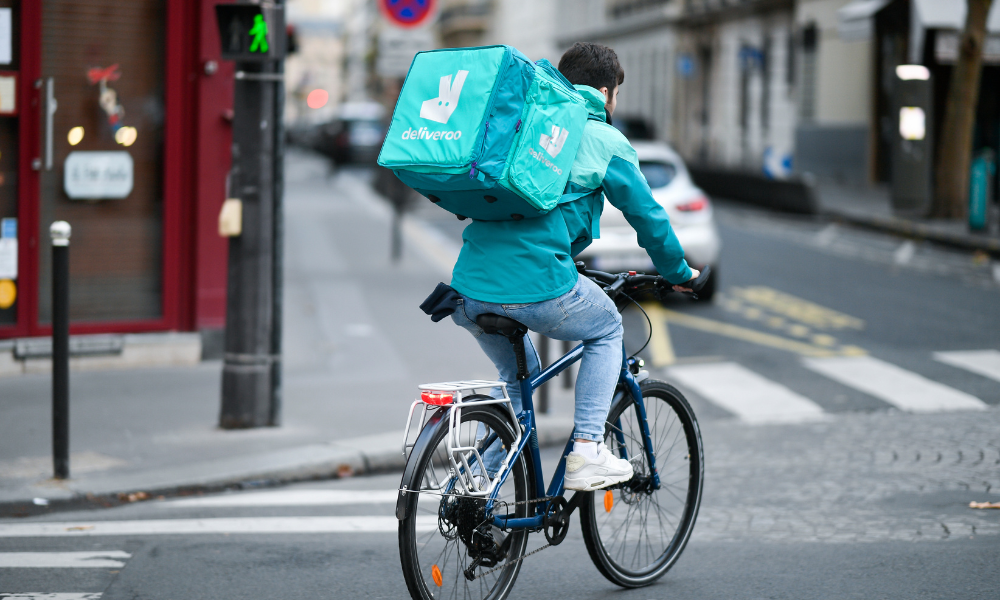
Ruling examines employment rights in platform economy

A District Court in Hong Kong recently dealt with a case about whether a worker qualified for employee compensation after a workplace accident. The worker argued that despite being classified as an independent contractor on paper, the reality of his working conditions - including monitored performance, specific operating procedures, and a bonus system tied to job acceptance rates - showed he was actually an employee.
The case highlighted key questions about modern work arrangements: How much control can a business exercise before a contractor becomes an employee? Does using a company's digital platform mean employment?
The worker sought compensation under Hong Kong's Employees' Compensation Ordinance, while the employer maintained he was an independent contractor who had already received payment through a voluntary insurance policy.
The worker had signed a supplier agreement in August 2021 that classified him as an independent contractor providing delivery services through a food delivery platform's app.
Under this agreement, the worker was responsible for his own tax obligations and Mandatory Provident Fund contributions. He owned and maintained the motorcycle and mobile phone used for deliveries.
The employer had already paid him HK$100,000 through a voluntary insurance policy covering platform delivery workers - separate from mandatory employment insurance.
The court examined the supplier agreement's terms about working arrangements. A key provision stated: "[The worker] is not obliged to do any work for [the employer], nor is [the employer] obliged to make available any work to [the worker]. Throughout the term of this Agreement [the worker] is free to work for any other party including competitors."
The worker argued that he had to log into the platform's app and would be tracked through it. He said he couldn't control order assignments or delivery locations within his zone.
While the employer confirmed using a bonus system offering higher fees to workers accepting over 80% of weekly assigned orders, they maintained this was an incentive rather than control.
The court looked at whether app tracking and the bonus system indicated employment control. Records showed the worker accepted 86.95% of offered orders while logged in but retained the right to reject any delivery.
The judgment noted: "[The worker] was not forced to achieve or acquire the bonuses. He remained free to choose whether to log onto [the employer's] App and accept orders. There is no question of him being forced to accept a specific number of orders."
The court found the app tracking and monitoring were for business efficiency rather than worker supervision.
The court weighed several factors including equipment ownership, ability to delegate work, and financial risk. It referenced similar platform work cases, including the English Supreme Court's decision in Independent Workers Union of Great Britain v Central Arbitration Committee.
The ruling emphasised the worker's autonomy: "Riders are thus free to reject offers of work, to make themselves unavailable and to undertake work for competitors. Once again, these features are fundamentally inconsistent with any notion of an employment relationship."
The decision concluded: "It is plain and obvious that [the worker's] argument that he is an employee is unsustainable. In the circumstances, I am of the view that the present claim ought to be struck out on this ground alone."